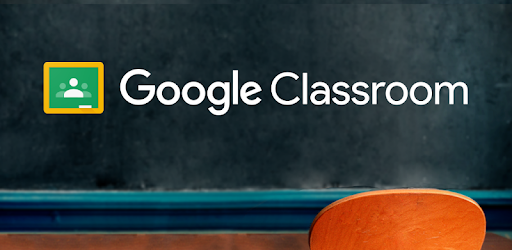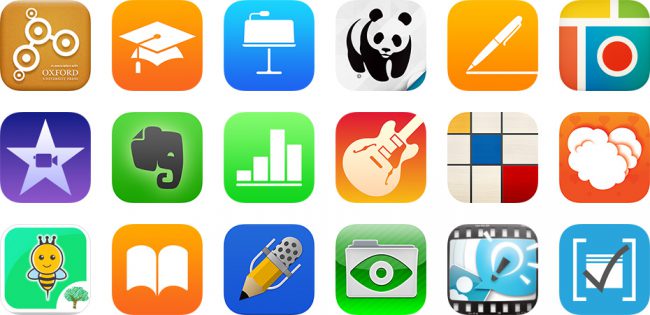I’m going to preface this with the disclaimer that I’m typing it on a MacBook Pro and I own an iPhone, just to head off any accusations of me being an Apple-hater. But I watched Apple’s iPad announcements this week, and then I helped my son with some schoolwork, and I realized Apple is about to lose an entire generation.
That’s maybe a little dramatic, but I look at my son. He’s using a Chromebook issued by his school. He’s logging in through Google Classroom, and he’s using Gmail through his school. Do you know what he’s not using? An iPad, or FaceTime, or any Apple service, because his school rolled out a turnkey solution that Google provided them. Now multiply that by almost every school in the country, and you’re getting a generation of kids who are growing up more device-agnostic than ever before, and that’s bad news for Apple. They’re going to grow up knowing how to do everything through any browser, and that means less reliance on any particular hardware or even operating system.
What blows my mind is that Apple could have destroyed any other competitors in this space, and without even undermining their retail business. Apple used to have the eMac line for education, and they could have resurrected that entire “e” series of devices. Apple could go back to making plastic MacBooks and sell them ONLY to schools for group use. Slap a ruggedized case on an iPad and call it an ePad. Bundle in a deal for a few months of free Duolingo, or Outschool, or some similar virtual learning service. Yes, it would have meant selling hardware for far less than Apple normally does, but they could have easily sold only to schools or used older, less attractive hardware (remember, this is for education, not for playing Fortnite or whatever non-banned game the kids are playing these days), but it could have been done, and they could have turned that on with a fairly quick turnaround. Even if it wasn’t on Apple’s radar before COVID-19 hit, they certainly could have rushed some solutions out when it became clear everyone was working and learning remotely. There were over 100 million users of Google Classroom in the spring of 2020. If Apple had peeled off even a portion of those, they could have captured a new and lucrative market. Maybe it’s naive to think Apple could have taken action that quickly, but it boils down to this: when the world went remote, none of Apple’s flagship services was the indispensable, “how could we do this without _____” product, and that’s a problem.
Instead of being the solution, Apple is just another screen demanding attention. I’ll admit, my kid gets more screen time now than he did before, if for no other reason than half his school day is remote and done via computer. But that means that there’s less room to squeeze Apple into the mix as well. He’s on a Chromebook for school all day, and then he has a choice: he can watch TV or he can play on his Nintendo Switch — or he can use a tablet to play. But all of those things are finite, limited options, and he’s not dropping everything to use an Apple product, because he has zero emotional attachment to Apple. And this calculus, this balancing of screen time and learning computer work, is happening all across the country, and Apple is losing badly because they don’t have real competition in this game.
Apple may not care right now, because right now their revenue is high, and they’ve got all kinds of new services to tie everyone to their ecosystem. But that’s today, and the world of commerce lives and dies by “what have you done for me lately?” The future seems to be something of a blindspot for Apple. They’ve badly whiffed an opportunity in the education market. Then they pulled the rug out from developers with their surprise release of iOS 14, where developers did not have the traditional week to bring their apps into compliance with the new operating system.
This is not the behavior of a company looking into the future, this is the behavior of a company arrogantly assuming the future is theirs because they own the present. The thing is, Microsoft owned the 1990’s, and then it took them 15 years to stop being a punchline. Palm owned the handheld business until they didn’t. Nokia was once the gold standard in cell phones. Blackberry thought their customers would never flee. No company is owed success in the future based on its past. And the companies that acted like they did have learned that lesson the hard way. Let’s hope Apple isn’t headed down that same path!

